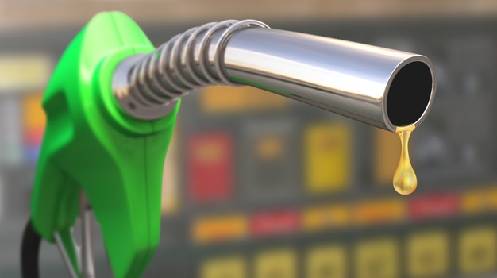Oil edged higher ahead of a resumption of OPEC+ talks that were unexpectedly suspended due to a disagreement over whether to raise output in February as the coronavirus continues to surge.
Futures in New York gained toward $48 a barrel after dropping the most in 2 weeks on Monday. Discussions will restart on Tuesday after a majority of members, including Saudi Arabia, opposed Russia’s proposal for another supply hike.
The talks are happening against a shaky short-term demand backdrop. England was ordered into a third lockdown until mid-February, Germany is set to extend its curbs and Japan is considering another state of emergency for the Tokyo area. Several Asian refiners won’t be getting into long-term supply contracts for fuel sales this year, a sign the region’s energy consumption recovery is far from certain, although a cold snap in the northern hemisphere is aiding demand for heating fuels.
Crude had risen to near $50 a barrel earlier on Monday, aided by a weak dollar. The early stages of Covid-19 vaccine roll-outs have stoked optimism that demand will rebound with the global economy, and oil has emerged as a trade to hedge inflation. But with so many mobility curbs still on the horizon, the threat to consumption remains significant.
“There are not many places where we are seeing a relaxation of restrictions,” said Warren Patterson, head of commodities strategy at ING Group. “They have little option but to maintain current cuts.”
Prices:
- West Texas Intermediate for February delivery rose 0.4% to $47.83 a barrel at 10:19 a.m. in London
- Brent for March settlement gained 0.3% to $51.25
Moscow and Riyadh’s initial positions in the OPEC+ supply talks were diametrically opposed, with Saudi Arabia arguing to rescind the 500,000-barrel a day supply increase this month and Russia wanting a hike of the same amount, delegates said. The Saudis later indicated rolling over current output levels into February would be acceptable, they said. Moscow appears to be outnumbered but the alliance requires consensus before concluding talks.
The discussions come at a time when gasoline demand is going to get worse before it gets better, Energy Aspects Ltd. co-founder Amrita Sen said in a Bloomberg TV interview. Demand data in the first half of 2021 is going to be negatively impacted by the pandemic, she said.
Iran, meanwhile, seized a South Korean-flagged oil tanker in the Strait of Hormuz on Monday, the latest in a series of shipping incidents in the Persian Gulf, just hours before announcing it would increase its nuclear activities. Anxiety in the region is rising as President Donald Trump’s administration enters its final weeks.
Other oil-market news:
- Saudi Arabia boosted its crude shipments last month to the highest since April due to an increase in exports to east Asia, notably China and Japan.
- Iraq boosted crude exports in December and may have exceeded its OPEC output quota, throwing a possible spanner in the works for global producers meeting Monday to discuss whether to augment oil supply.
- Pierre Andurand’s oil hedge funds stormed back in 2020 to post their biggest-ever gains as the global pandemic roiled energy markets.






